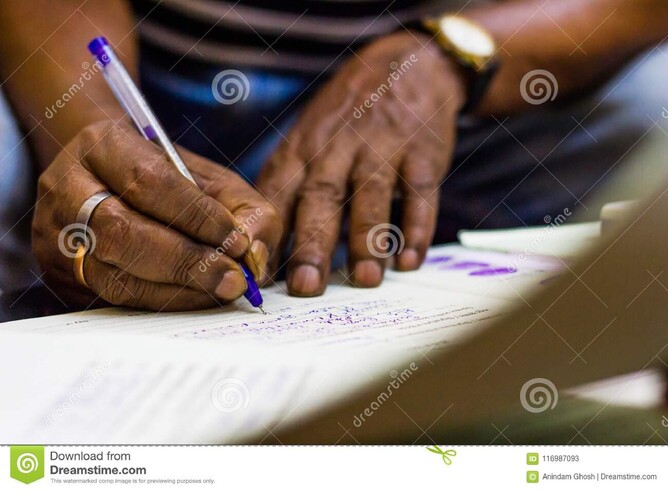Your will contains instructions about who should benefit from your estate in the event of your death, including any gifts you want to make to loved ones or charity.
It can name who should be guardians of your children, and who should look after your pets.
A will becomes legally binding when you have signed it with two or more witnesses. Under emergency legislation the witnesses do not need to be physically present: witnessing via online video chats is currently allowed although we wouldn't recommend this unless in extreme circumstances. Witnesses have to be of sound mind, over 18 and not be registered blind. They cannot be beneficiaries of the will, or married to a beneficiary. It is advisable to date your will. Although this is not a legal requirement, it shows which will is the most recent.
You should be considered to be in sound mind when you sign your will and must not be under any type of duress.
If a grant of probate is needed, your will becomes a public document, so if there is anything you wish to keep private, you can write it in a letter of wishes. This is not a legally binding document but can be kept alongside the will and explain any decisions you make.
A grant of probate is needed for whoever is looking after your estate to deal with your money and property. It usually takes 4 to 8 weeks to get the document, but the probate service says coronavirus has added to delays.
A grant of probate is not usually needed when wealth passes from one spouse to another, or if the estate is worth less than £10,000.
For any further advice related to any aspect of your estate planning needs please get in touch.




